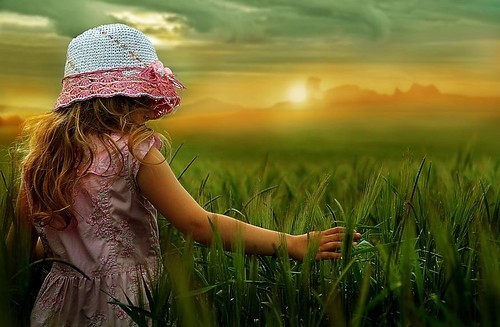I have seen the sun break through
to illuminate a small field
for a while, and gone my way
and forgotten it. But that was the pearl
of great price, the one field that had
the treasure in it. I realize now
that I must give up all that I have
to possess it. Life is not hurrying
on to a receding future, nor hankering after
an imagined past. It is the turning
aside like Moses to the miracle
of the lit bush, to a brightness
that seemed as transitory as your youth
once, but is the eternity that awaits you.
– RS Thomas, ‘The Bright Field’, in Collected Poems, 1945–1990 (London: Dent, 1993), 302.

Lynne and I both like that! Thx Jason. Thx RS.
Trevor
LikeLike
Thanks for this poem Jason.
This is one from R S Thomas I especially like:
1st half of Barn Owl
Mostly it is a pale
face hovering in the afterdraught
of the spirit, making both ends meet
on a scream. It is the breath
of the churchyard, the forming
of white frost in a believer,
when he would pray; it is soft
feathers camouflaging a machine.
It repeats itself year
after year in its offspring,
the staring pupils it teaches
its music to, that is the voice
of God in the darkness cursing himself
fiercely for his lack of love.
LikeLike
I don’t know any other RS Thomas poems but I found this one years ago in a devotional magazine and have kept it nearby ever since; once preached from it. Thank you for the reference, I will find more of his poems!
LikeLike
As a humanist I find this speaks to me too.
LikeLike
@ cathannabel: Thomas’ words speak to you, I suspect, not because you are a humanist but because you are a human being, and because the things of which he speaks – here as well as elsewhere – are beyond even that reality, and because that which is beyond us seems to desire us.
Your comment reminded me of something that I read recently from Langdon Gilkey who argues that while a human being may now feel that they are a ‘secular’ person, bound to the world of the immediate, the world of natural causes and human events, every action that she or he makes in that world, every fear and anxiety they exhibit, and each deep joy they encounter there points to a dimension of their existence that transcends that narrow world. The discovery of God, Gilkey contends, and so of the meaningfulness of language about God, comes when in this dimension of mystery and the sacred an answer to our fundamental questions is found. ‘God-language’, he writes, ‘is meaningful because it reflects answers – deep experiences of power, meaning, value, acceptance, and love – to questions raised and experienced by any human life. Such answers give shape to the form of our humanity, making us the kind of persons we are’. He proceeds to give voice to his own attempts at sense-making, confessing that a secular account of human existence is ‘too thin, too lacking in the dimension of depth and of mystery, of ultimate joy and of ultimate terror, to reveal the wonder and meaning of life, or of its demonic depths and ever threatening nothingness’. At core, he continues, we are religious beings, and this truth provides the clue both to our humanity and to our relation to God – for God-language, he believes, is ‘the explication of the answers to the deepest questions about [human] existence’. I suspect that Thomas would agree.
LikeLike
Thank you for your response, and for the reference to Gilkey, who I would very much like to read (and for reminding me about Thomas, who I must re-read). I can agree that a purely secular account of existence feels inadequate, that God-language is a reasonable response to a reasonable quest for answers to the deepest questions. It makes sense, too, that the fact that we yearn for more indicates that there IS more. Ultimately however, answers always seem to disappoint, to offer false certainties which can only be maintained by denying everything that might seem to challenge them. If I call myself a humanist it is partly in preference to defining myself by what I don’t believe in. It’s also a recognition that my approach to life is that this brief span is all there is for each of us, that this earthly existence is all there is, and that what we do and how we live matter more rather than less because of that. So, I remain a human being who has a sense that there is something beyond the purely human, but for whom what that might be remains a mystery. Do I need answers? Can I turn aside to the bright field and recognise the miracle and the mystery without reaching conclusions about their origins?
LikeLike
whatever your outlook…the poems here have spurred me on to find more and to enjoy the beauty and honesty of them all…I will be renewing my love for poetry that I have shelved so long ago!
LikeLike